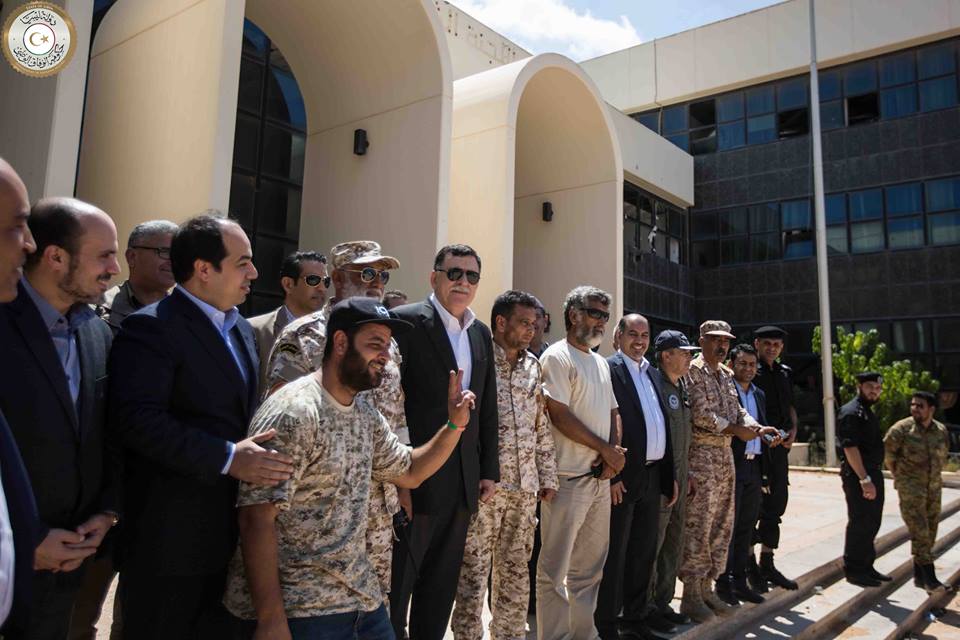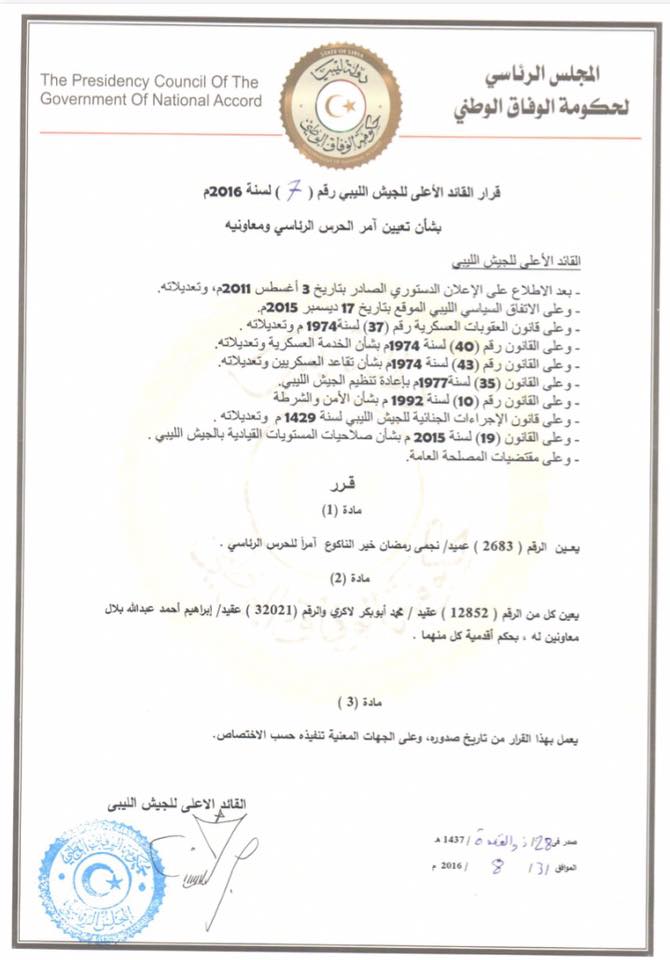By Libya Herald reporter.
Tunis, 31 August 2016:
Representatives from Misrata and Tawergha today approved a reconciliation deal in Tunis today that promises to form the basis of an agreement allowing the Tawerghans to return home. However, that is likely to still be some way off. Misrata municipal council this evening said that it had not yet seen the draft let along approved it and that prior to any deal being done, the government would have to agree that all Misratan claims against Tawergha be compensated.
In the event, the right to compensation by both sides formed part of today’s accord, including compensation for those killed, those held prisoner and for damage to property and belongings. The state should also bear the costs or rebuilding those parts of Tawergha and Misrata destroyed as a result of the conflict between them.
There was also agreement by the Misrata-Tawergha dialogue committee which carried out today’s negotiations, that work needed to be undertaken to end media hate campaigns by either side. It was further agreed that the interior and defence ministries should be responsible for eventually overseeing the return of the displaced Tawerghans when it happens.
The meeting in Tunis, coordinated by the UN Support Mission in Libya (UNSMIL), coincided with the start of another, on wider reconciliation options in the country and likewise coordinated by UNSMIL.
Drawing on a number of international and Libya experts, and addressed by UN Special Envoy Martin Kobler, the three-day workshop aims to create a national strategy for reconciliation and peace in Libya.
Calling national reconciliation one of the three pillars on which to build peace in the country (the others being security and the Libyan Political Agreement), Kobler said that reconciliation did not mean impunity. The rule of law had to prevail. But he suggested a truth commission as one way of enabling reconciliation to occur. Reconciliation also meant addressing the need to give younger Libyans a stake in society and ensure that they would have jobs, thereby ensuring that they were not attracted to extremism.









